Palestinian Death Toll in Gaza War Surpasses 60,000 Amid Escalating Hunger Crisis
The Palestinian death toll in the Israel-Hamas war has surpassed 60,000, amid a worsening hunger crisis and growing international concern over aid access and civilian casualties in Gaza.
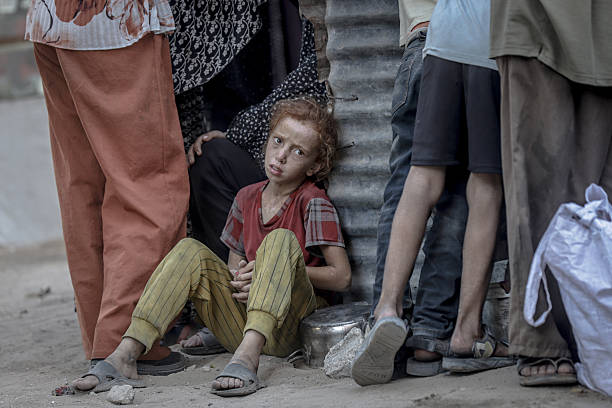 Charity distributes meals to Palestinians in Gaza facing food shortages under Israeli blockade
Charity distributes meals to Palestinians in Gaza facing food shortages under Israeli blockadeMore than 60,000 Palestinians have been killed during the Israel-Hamas war, Gaza’s Health Ministry said Tuesday, as Israeli airstrikes overnight reportedly killed over two dozen people, mostly women and children. The conflict, which began following Hamas’ October 7, 2023, attack on southern Israel, has devastated Gaza, displacing 90% of its population and fueling a deepening humanitarian catastrophe.
The Hamas-run Health Ministry reported that the death toll has reached 60,034 with 145,870 wounded since the start of the war. Among the dead are 18,592 children and 9,782 women, accounting for nearly half of all fatalities. The ministry does not differentiate between civilians and combatants but is staffed by medical professionals and considered the most reliable source of casualty data by the United Nations and other independent observers. Israel disputes the figures but has not released alternative numbers.

Late Monday, airstrikes hit tents sheltering displaced people in the Nuseirat refugee camp, killing 30 people, including 12 children and 14 women, according to Al-Awda Hospital. Israeli military did not comment on the strike. Israel maintains it targets militants and attributes civilian deaths to Hamas operating in densely populated areas. It said that recent strikes targeted Hamas infrastructure, including rocket launchers, weapons storage, and tunnels.
Meanwhile, hospital officials reported that 33 more people were killed by gunfire near an aid convoy in southern Gaza, raising the total to 58. Witnesses said Israeli forces opened fire on the crowd. On Tuesday, another 14 Palestinians were killed near a Gaza Humanitarian Foundation (GHF) site in central Gaza, according to local hospitals. GHF, an Israeli-backed American contractor, said there were no violent incidents at its locations that day. The Israeli military said it was unaware of casualties near the GHF site and did not comment on the aid convoy shooting.
Since May, over 1,000 Palestinians have reportedly been killed by Israeli fire while seeking aid, according to health officials, witnesses, and the U.N. human rights office. Israel, which controls much of Gaza's aid distribution, claims it only fires warning shots to deter threats.
The Integrated Food Security Phase Classification (IPC), the top global authority on food crises, warned Tuesday that conditions in Gaza have “dramatically worsened” due to Israeli restrictions and security breakdowns. Gaza has been at risk of famine for months.
“The facts are in — and they are undeniable,” said U.N. Secretary-General António Guterres. “Palestinians in Gaza are enduring a humanitarian catastrophe of epic proportions … The trickle of aid must become an ocean.”
Israeli Foreign Minister Gideon Saar denied any deliberate starvation policy, calling the focus on hunger a “distorted campaign of international pressure” that undermines ceasefire negotiations and strengthens Hamas’ resolve. Both the U.S. and Israel have pulled their negotiating teams in recent days, stalling talks on a ceasefire and hostage release.
Under increasing global scrutiny, Israel announced expanded humanitarian corridors and aid drops. But U.N. officials say there has been little change on the ground. Jordan and the UAE have conducted airdrops, with France and Germany planning to join. However, much of the aid has landed in evacuation zones or the sea.
On Tuesday, dozens of Palestinians swam into the Mediterranean to retrieve off-course airdropped parcels. Some returned with soaked bags of tea, flour, or canned goods. “I came to try to get aid from the sea. I almost drowned,” said Momen Abu Etayya, who managed to retrieve only three packets of biscuits.
U.N. agencies and aid groups continue to question the effectiveness of airdrops, citing higher costs, limited quantities, and the risk of injury or stampedes. They say land deliveries are vastly more efficient and safer.
The World Health Organization reported more than 60 malnutrition-related deaths this month, including 24 children under 5. Gaza's Health Ministry reports a total of 88 child hunger-related deaths since the war began, and 58 adult deaths this month alone. These figures are not included in the ministry’s overall death toll.
The war began after Hamas-led militants killed about 1,200 people, mostly civilians, and abducted 251 others on October 7. Around 50 hostages remain in captivity, with about 20 believed to be alive.
In early March, Israel imposed a full 2½-month blockade, halting all food, fuel, medicine, and other aid. This was followed by a surprise bombardment and ground seizure of large areas of Gaza. Since then, at least 8,867 Palestinians have been killed. Israel eased restrictions in May, but the U.N. says the allowed aid remains far below necessary levels, and deliveries are hampered by Israeli constraints and lawlessness.
An alternative aid distribution system backed by Israel and operated by GHF has also faced violence and controversy.
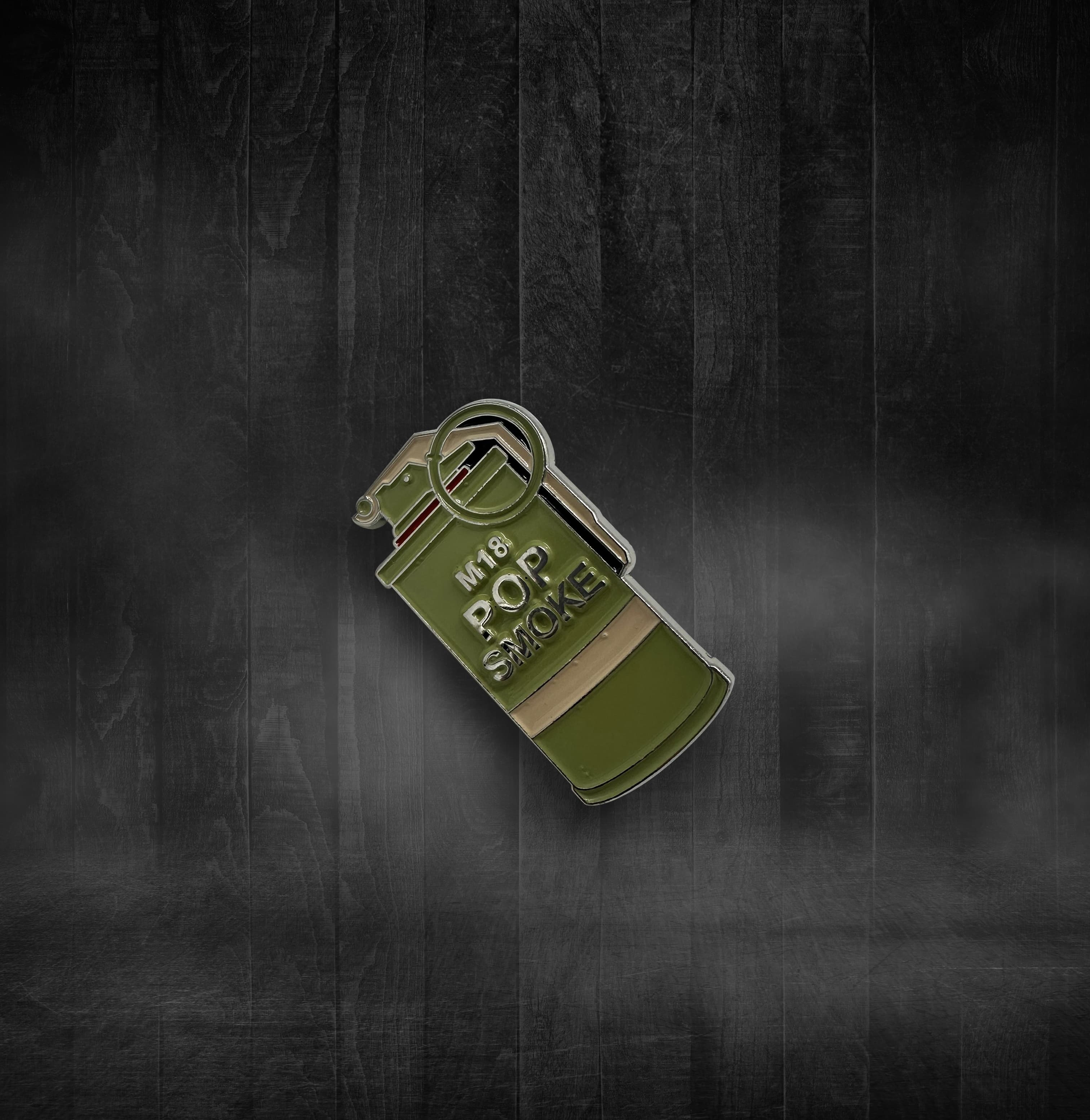



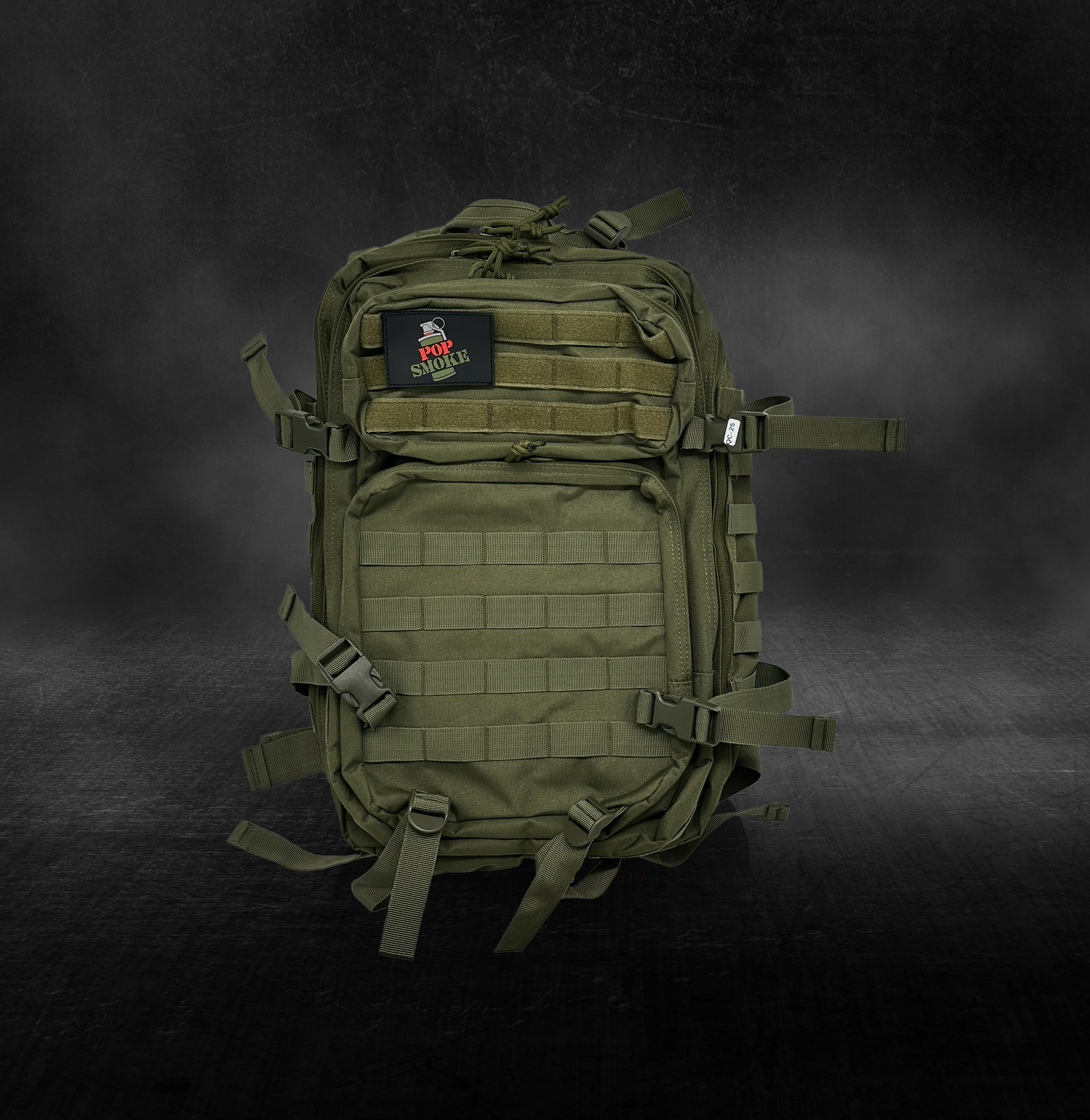



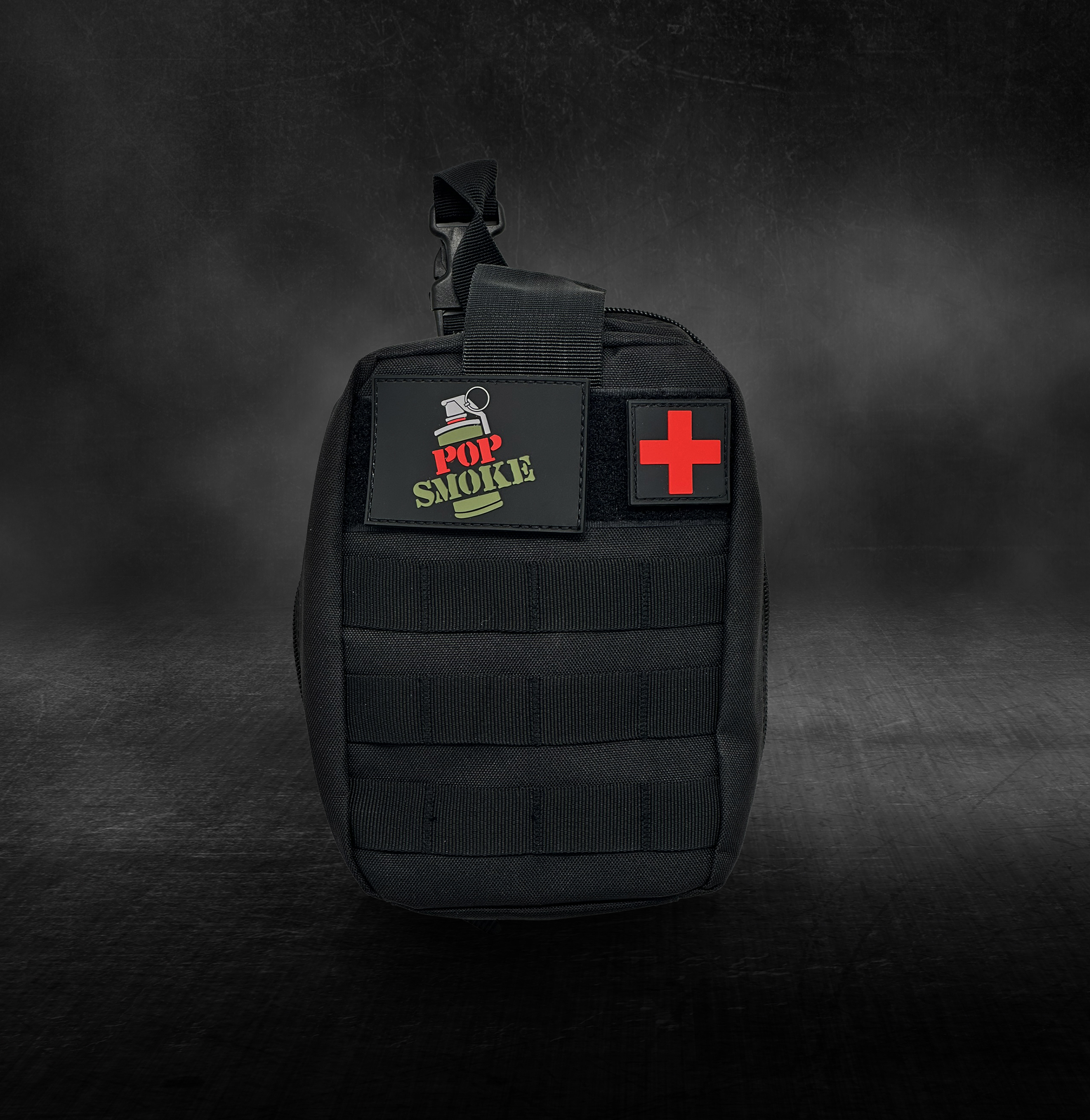



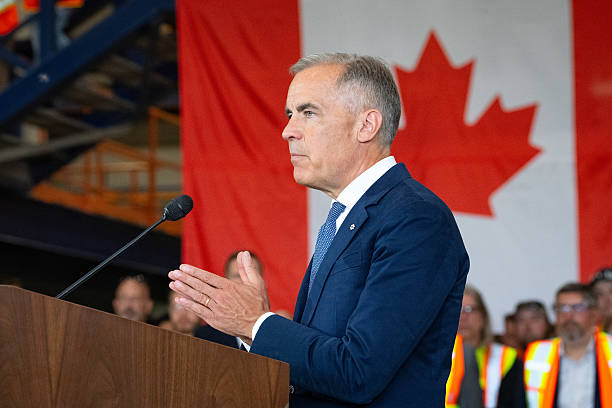
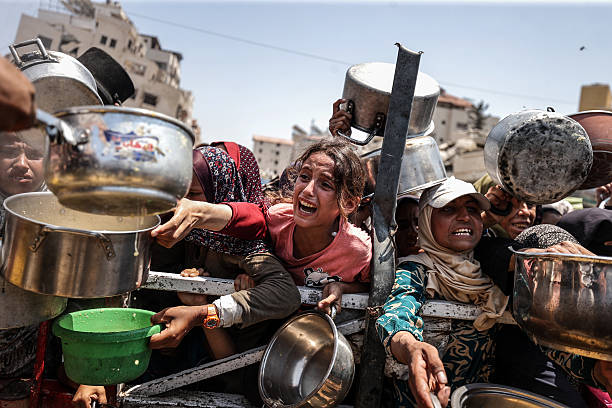

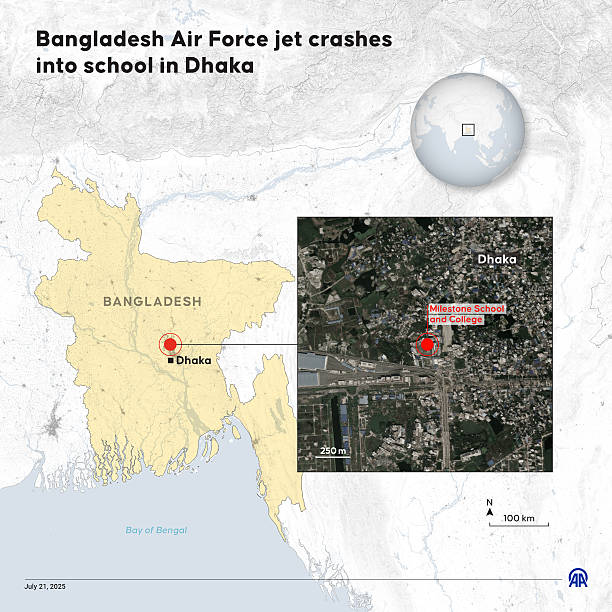
Conversation